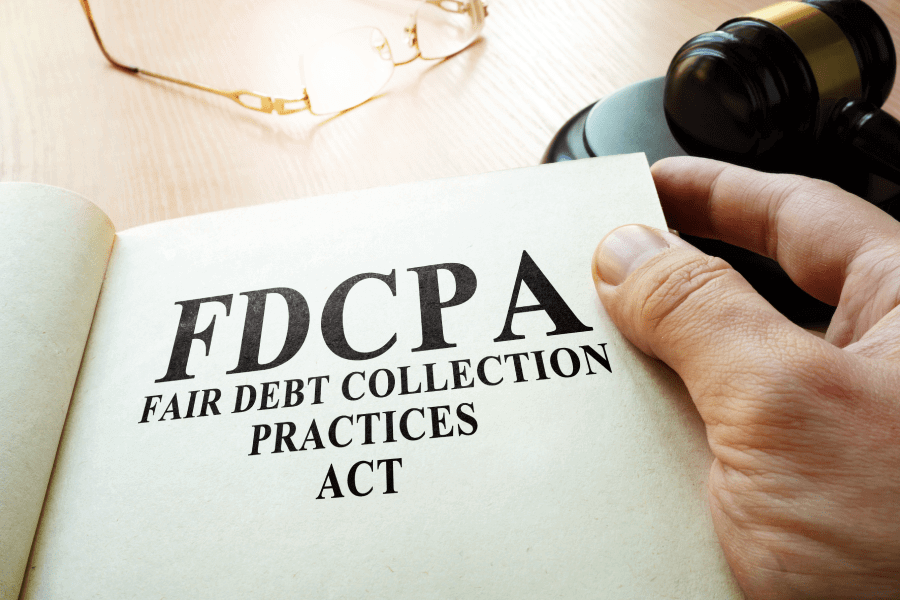Read on if you think you are eligible to sue for FDCPA violation. Did you know that you have the right to sue a debt collector who is in violation of the Fair Debt Collection Practices Act? This federal law is specifically designed to protect you from being harassed by a debt collector after receiving a debt collection letter. Just because you may owe another person or entity money, this does not mean you don’t deserve to be treated fairly and with respect. If not, you have legal options.
What Are Four Practices That Collectors Are Prohibited from Doing Under The FDCPA?
It is illegal for debt collectors to use abusive, unfair, or deceptive practices when collecting debts. Here are four common violations:
- They may not contact you before 8am or after 9pm (8pm in Florida), unless you have previously agreed to it. They may not contact you at your place of work if you have told them that you may not get calls there.
- Illegal or unethical communication tactics are sometimes used, causing stress and trauma. Debt collectors are forbidden from using threats or obscene and profane language.
- False statements or false representation cannot be made. If the collection agency states – or even implies – that it is a law firm, they are in violation of the FDCPA.
- If the agency informs a third party (other than your attorney, the creditor and their attorney, your spouse or parent in the case of minors) of your debt without your written permission, this is actionable.
Why You Should Never Pay a Collection Agency
The main reason you should not pay a debt collection agency is that your credit score (credit report) will not be mended by doing so. You should always verify that your debts and debt collectors are legitimate. Additionally, if you start paying the collection agency, the limitation period starts again. It’s best to seek legal advice before taking any action.
What Happens After Seven Years of Not Paying Debt?
Seven years is the time limit that most negative items can be listed on your credit report, according to the Fair Credit Reporting Act. However, this does not mean that the actual debt is erased after seven years; you still owe your creditor even when the debt is too old for inclusion in your credit report.
The attorneys at Shamis & Gentile, P.A. can help you if you have been treated unfairly after receiving a debt collection letter. Our attorneys have a wealth of knowledge and experience handling complex litigation cases and achieving significant victories and settlements for clients (over 500 million recovered and counting), making us equipped to bring the fight anytime and anywhere on behalf of our clients. Contact Shamis & Gentile, P.A. today about how to sue for FDCPA violation.




